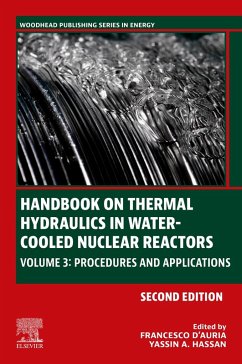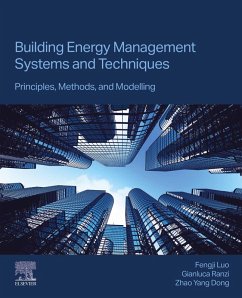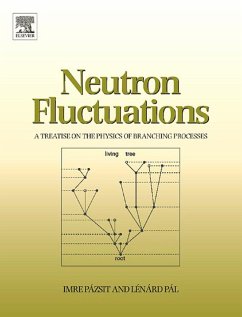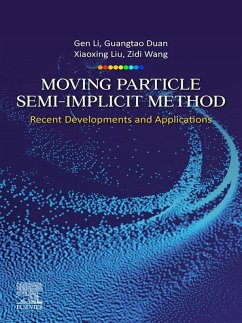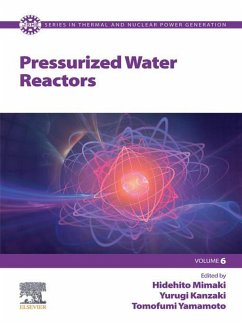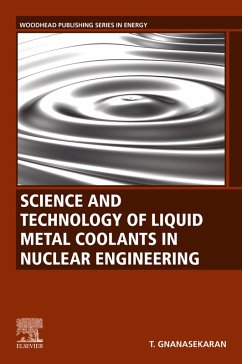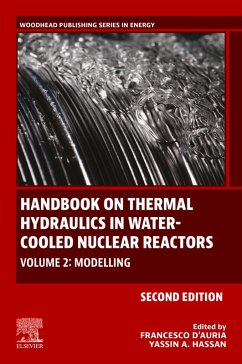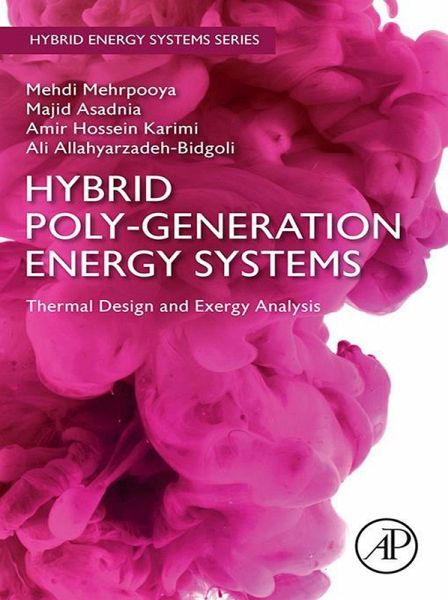
Hybrid Poly-generation Energy Systems (eBook, ePUB)
Thermal Design and Exergy Analysis
Versandkostenfrei!
Sofort per Download lieferbar
116,95 €
inkl. MwSt.
Weitere Ausgaben:

PAYBACK Punkte
58 °P sammeln!
Hybrid Poly-generation Energy Systems: Thermal Design and Exergy Analysis provides an analysis of the latest technologies and concepts of hybrid energy systems, focusing on thermal applications. The book guides readers through an introduction to hybrid poly-generation systems and the storage options available before working through the types of hybrid systems, including solar, fuel cells, combustion, and heating and cooling. An analysis of the economic and environmental impact of each system is included, as well as methods and approaches for exergy and energy improvement analysis. This book ca...
Hybrid Poly-generation Energy Systems: Thermal Design and Exergy Analysis provides an analysis of the latest technologies and concepts of hybrid energy systems, focusing on thermal applications. The book guides readers through an introduction to hybrid poly-generation systems and the storage options available before working through the types of hybrid systems, including solar, fuel cells, combustion, and heating and cooling. An analysis of the economic and environmental impact of each system is included, as well as methods and approaches for exergy and energy improvement analysis. This book can be used as a tool for understanding new concepts in this emerging field and as a reference for researchers and professionals working on the integrated cogeneration of power systems. - Guides the reader through hybrid processes they can apply to their own system designs - Explains operational processes and includes multiple examples of optimization techniques - Includes renewable energy sources, CO2 capturing processes in combined systems and advanced exergy analysis methods
Dieser Download kann aus rechtlichen Gründen nur mit Rechnungsadresse in A, B, BG, CY, CZ, D, DK, EW, E, FIN, F, GR, HR, H, IRL, I, LT, L, LR, M, NL, PL, P, R, S, SLO, SK ausgeliefert werden.




